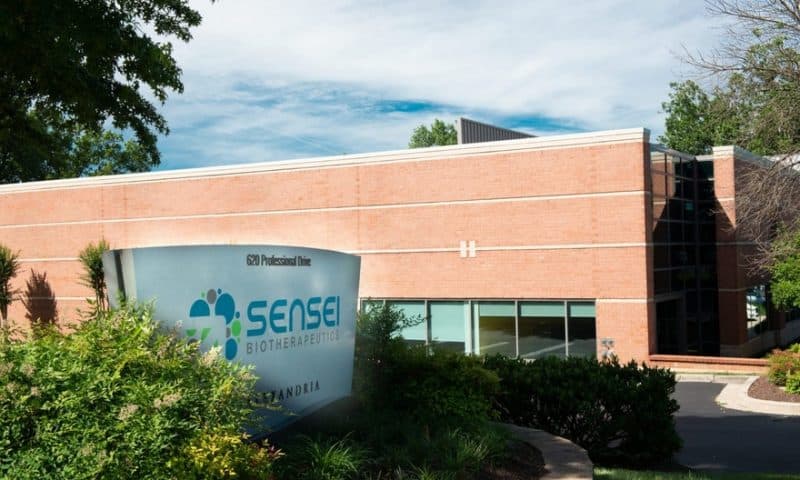Months after banking a $28.5 million venture round, Sensei Biotherapeutics is hitting Wall Street with a $133 million IPO. The proceeds will fund a trio of personalized cancer medicines into and through the clinic, including vaccines for a rare skin cancer and head and neck cancer as well as treatments designed to boost the immune response in the tumor microenvironment.
The company had filed in January to raise up to $100 million in its Nasdaq listing but bumped that goal up to $122 million on Monday. The offering is slated to close Monday.
Sensei will use about $30 million to $40 million for the clinical development of its lead program, SNS-301, a vaccine that targets the tumor antigen aspartate beta hydroxylase, according to a securities filing. The company is testing the treatment in combination with Keytruda in patients with advanced head and neck cancer in a phase 1/2 study. It has enrolled 11 of 30 patients in the trial and hopes to report top-line data by the end of 2021. So far, the treatment has shrunk the tumors of one patient and curbed tumor growth in two other patients for more than 36 weeks.
“If the results of this trial are positive, subject to feedback from the FDA, we intend to initiate a randomized, registration-enabling trial for SNS-301,” Sensei said in the securities filing.
SNS-301 is based on Sensei’s ImmunoPhage approach, in which it engineers noninfectious lambda bacteriophage viruses—viruses that infect bacteria—to display target antigens. When these engineered viruses encounter an antigen-presenting cell, they trigger a response that leads activated T cells to target that antigen. Sensei plans to make personalized therapies out of off-the-shelf components, cutting the time it takes to deliver a treatment tailored to a patient’s tumor.
The company will use $15 million to bankroll preclinical and clinical development of SNS-401, a vaccine for a rare, aggressive skin cancer called Merkel cell carcinoma, and $10 million to $15 million to fund a monoclonal antibody targeting the immune checkpoint VISTA.
What remains of the funds will support the development of the ImmunoPhage platform and earlier-stage programs, including nanobodies designed to overcome the immunosuppressive effects of the tumor microenvironment.

